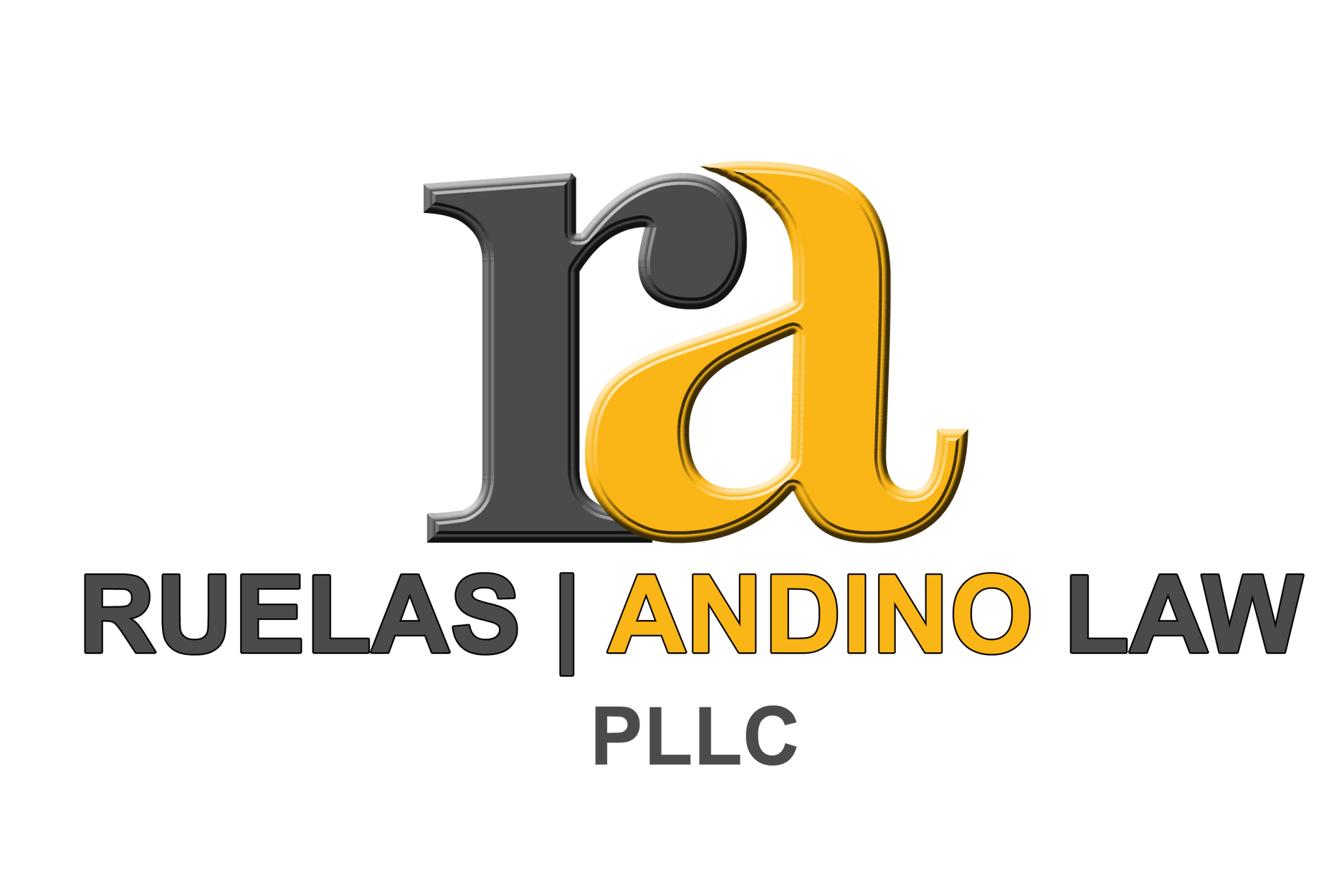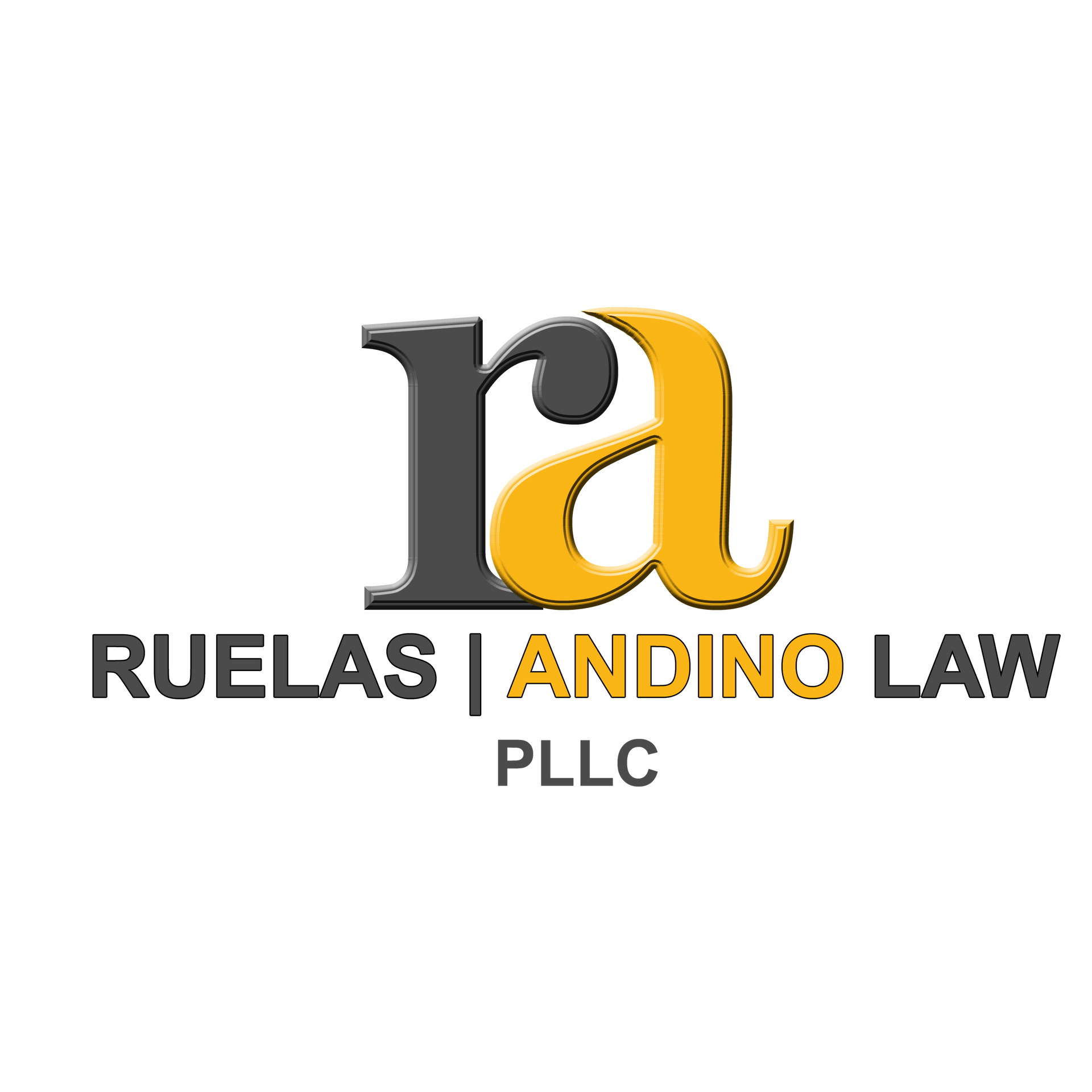Since receiving her license in 2017, Jennifer has been serving clients in Parker County and surrounding counties in the areas of Estate Planning, Probate, Guardianship, Business Entity Formation/Asset Protection, and Real Estate Law. She is passionate about risk mitigation and justice and strives to serve each of her clients with integrity and dedication to achieving her client's goals.
The Hidden Costs of DIY Business Formation: When to Call an Attorney
Starting a new business is exhilarating. The entrepreneur has big dreams and wants their venture to succeed. Choosing the correct legal structure for the organization increases the odds of success. The choice of structure has far-reaching implications, which is why many people choose to work with a
business formation attorney in Texas. How can they be of help?
Choosing a Business Entity
The business entity selected determines the company’s legal and operational landscape. Each option has advantages and considerations. The attorney works with the entrepreneur to ensure their selection aligns with their goals and vision.
Sole Proprietorship
A sole proprietorship is suitable for individuals who own and operate their businesses. The law considers the owner and the company as one entity. This type of business is easy to establish, and the owner retains control over all decisions. However, their assets are exposed to business-related risks, and they may struggle to raise capital.
Partnership
When two or more individuals manage and operate a business, this venture is referred to as a partnership. The terms of the arrangement are detailed in a partnership agreement. Partnerships are easy to establish and offer pass-through taxation, like a sole proprietorship. However, the owners are exposed to unlimited personal liability, and they may disagree on shared decisions, which can lead to workplace conflict and premature termination of the business venture if such decisions cannot be resolved.
Limited Partnership (LP)
Limited partnerships share many similarities with general partnerships. The key difference lies in the type of partners making up this entity. General partners oversee day-to-day operations, while limited partners provide the capital necessary to sustain the company's operations. Limited partners have liability protection, and general partners can raise capital as needed without giving up control. General partners, however, have unlimited personal liability.
Limited Liability Partnership (LLP)
Limited liability partnerships are another option entrepreneurs may consider. All partners receive limited liability protection, and this structure offers flexibility in taxation and management. The paperwork to form this partnership is more complex, and the partners will find it more challenging to raise capital, which may lead to the decision to create a corporation.
Corporations
Corporations are legal entities entirely separate from those who own them. This company can issue stock while shareholders own the business. The owners select a board of directors responsible for making decisions on behalf of the company. Shareholders have limited liability protection and can buy and sell shares to transfer ownership or raise capital. Profits are, however, subject to double taxation, and the corporation faces increased administrative and regulatory burdens.
Limited Liability Company (LLC)
Across the United States, the limited liability company is the most widely used business entity. Limited liability companies combine elements of sole proprietorships and corporations. They can be owned by one or more individuals. Owners, called members, the protections afforded corporations while enjoying the option of either pass-through taxation like a sole proprietorship (or partnership if multi-member) or to be taxed as a corporate entity. However, they may be limited in their ability to add additional members or raise capital. Additionally, because they can enjoy pass through taxation, it can be easy to treat the business as a sole proprietorship, reducing the protective status of the company in the event the company is sued.
When entrepreneurs research the business formations available, they often become overwhelmed. An entity formation attorney works with them to determine the legal implications of each business structure and the benefits. While an entrepreneur may make this decision independently to save money, they could find that doing so is a costly mistake. How can entity formation attorneys help entrepreneurs make the correct choice to avoid common pitfalls? What are these pitfalls?
Common Pitfalls
Mismanagement of Business
Many entrepreneurs fail to recognize the impact of liability on their personal assets. They must choose the correct business structure to minimize their liability while addressing operational risks. The structure selected must legally separate the owner from the business. Furthermore, the owner(s) need to keep their personal and business finances separate. Any co-mingling of the two can makepiercing the corporate veil easy.
Long-term objectives should be considered when selecting a business structure. Entrepreneurs often look for the easiest option to save time and money. They pay for this mistake over time because they may struggle to raise capital in the future or manage operational complexities. The wrong structure could limit the company’s growth potential over time.
Insufficient Written Agreements
Contractual protections are necessary for successful business relationships. A well-drafted agreement reduces the risk of disputes and possible lawsuits. A clear and precise contract outlines the specific terms, liabilities, and limitations concisely and unambiguously. Business owners need written agreements with clients, suppliers, and partners, as handshake agreements aren’t legally enforceable. The attorney ensures the contracts contain clauses limiting the entrepreneur’s liability and specifies how disputes will be resolved, whether it be through mediation, arbitration, or in a court of law.
Every limited liability company or corporation needs bylaws that outline the internal rules and procedures governing its operations. Company or stakeholder agreements are also essential to ensure that all stakeholders understand their rights, responsibilities, and the organization's ownership structure. The attorney drafts comprehensive, legally sound documents tailored to the company's needs.
Improper Equity Structure
Improper equity structures can harm a business. Entrepreneurs should consult with a business formation attorney to ensure that the correct equity structure is selected. Common equity allows investors to have voting rights and influence company decisions. While this form of equity is needed to raise capital, an entrepreneur might find that the investors take the company in a direction they never intended. Preferred equity allows preferred shareholders to receive dividends before all other shareholders, providing a stable income stream. Nevertheless, they typically don’t have voting rights like common shareholders.
Convertible equity allows preferred shareholders to convert their holdings into common shares at a future date. Entrepreneurs must consider all options and ensure the proper equity structure is selected to obtain the right balance between ownership dilution and capital needs. A business formation attorney will help them evaluate all options to determine which best meets their needs.
Non-Compliance with Legal Requirements
Entrepreneurs must understand the importance of complying with state regulations. Failure to do so could lead to personal liability and costly penalties. Many entrepreneurs fail to recognize the nuances of compliance, which ultimately costs them. This problem is easily avoided by consulting with a business formation attorney.
The attorney ensures the company remains in compliance with all formation requirements. They provide information on state law regarding annual reports and taxes. Furthermore, they may recommend regular audits to detect problems early and correct them before the company is found to be non-compliant with local, state, and federal requirements. Finally, the attorney helps the business owner understand state and federal labor laws that apply to employees.
No Exit Plan
Entrepreneurs focus on launching their new ventures. Creating an exit plan is something most never stop to consider. Nobody knows what the future holds, however, and this plan ensures the stability of the company if an owner or shareholder is no longer able to fulfill their duties. The exit plan must be tailored to the specific needs of the owner(s) and their circumstances. This plan outlines the process for transferring ownership to ensure a seamless transition.
The Hidden Costs of DIY Business Formation
Every business is unique. It has goals and legal needs that must be considered when choosing a structure to function optimally while avoiding preventable legal issues. Entrepreneurs who decide to form a company without legal guidance often find they pay more over time because they opted for DIY business formation.
Preventable Legal Costs
Entrepreneurs focus on the present as they launch a new venture. They want to have ample cash flow when they open the doors to customers. To save the cash they have, they might choose to form the business without legal advice or use online forms to draft agreements and contracts. Unfortunately, the contracts and agreements don’t take into account the unique needs of the business.
Online documents are tailored for multiple business types across different jurisdictions. They often ignore Texas law and fail to include essential provisions and protections the business needs. Working with an attorney ensures that contracts and agreements are legally and validly executed in the state, thereby reducing the entrepreneur's risk of preventable legal disputes. Money is saved, as it isn’t tied up in attorney fees, court costs, and other expenses incurred in a lawsuit.
Wasted Time
Business owners often use the adage “time is money” when discussing operations. They want to spend their time engaging in activities that will grow their businesses. When they must handle a dispute or lawsuit, they aren’t devoting their time to those activities. Legal issues generate a highopportunity cost that could easily have been avoided by working with a business formation attorney rather than completing these tasks independently.
Reputational Damage
Improperly drafted legal documents and procedures can lead to disputes and harm to the company’s reputation. Well-drafted contracts protect the entrepreneur, their suppliers, vendors, and customers. Customers and business partners appreciate having well-drafted contracts that outline the terms and conditions of the agreement, as they know they are protected in the event of any issues.
When to Hire an Entity Formation Attorney?
Entrepreneurs may decide to handle all business formation steps independently and only hire an attorney if there is a problem. However, waiting until an issue arises isn’t wise. Consulting an attorney early in the formation process ensures there are no missteps as the entrepreneur navigates complex legal and regulatory landscapes. The attorney guides clients through each step of the process to ensure the best choices are made for the entrepreneur and the business based on their goals and circumstances.
The entrepreneur should also consult with this attorney when their business plans evolve. They may choose to bring on a partner, expand the business, or raise additional capital. The attorney guides them through the legal aspects of taking these steps to determine whether the chosen entity remains valid or if changes are necessary. The attorney is also available to assist if a legal dispute or compliance issue arises. They are familiar with the company and can resolve the matter more efficiently.
Choose an entity formation attorney carefully, as this partnership will hopefully last for decades to come. This individual should understand the nuances that make the business unique and provide customized advice that ensures the business owner complies with state and federal regulations. With the help of this legal professional, an entrepreneur can put their new venture on the path to success.
Disclaimer:
Ruelas Andino Law, PLLC makes no claims as to the accuracy of the information contained within the external links in this blog article nor does it endorse any of the businesses contained in the links. Information contained in this blog is for informational purposes only and may not be construed as legal advice.



